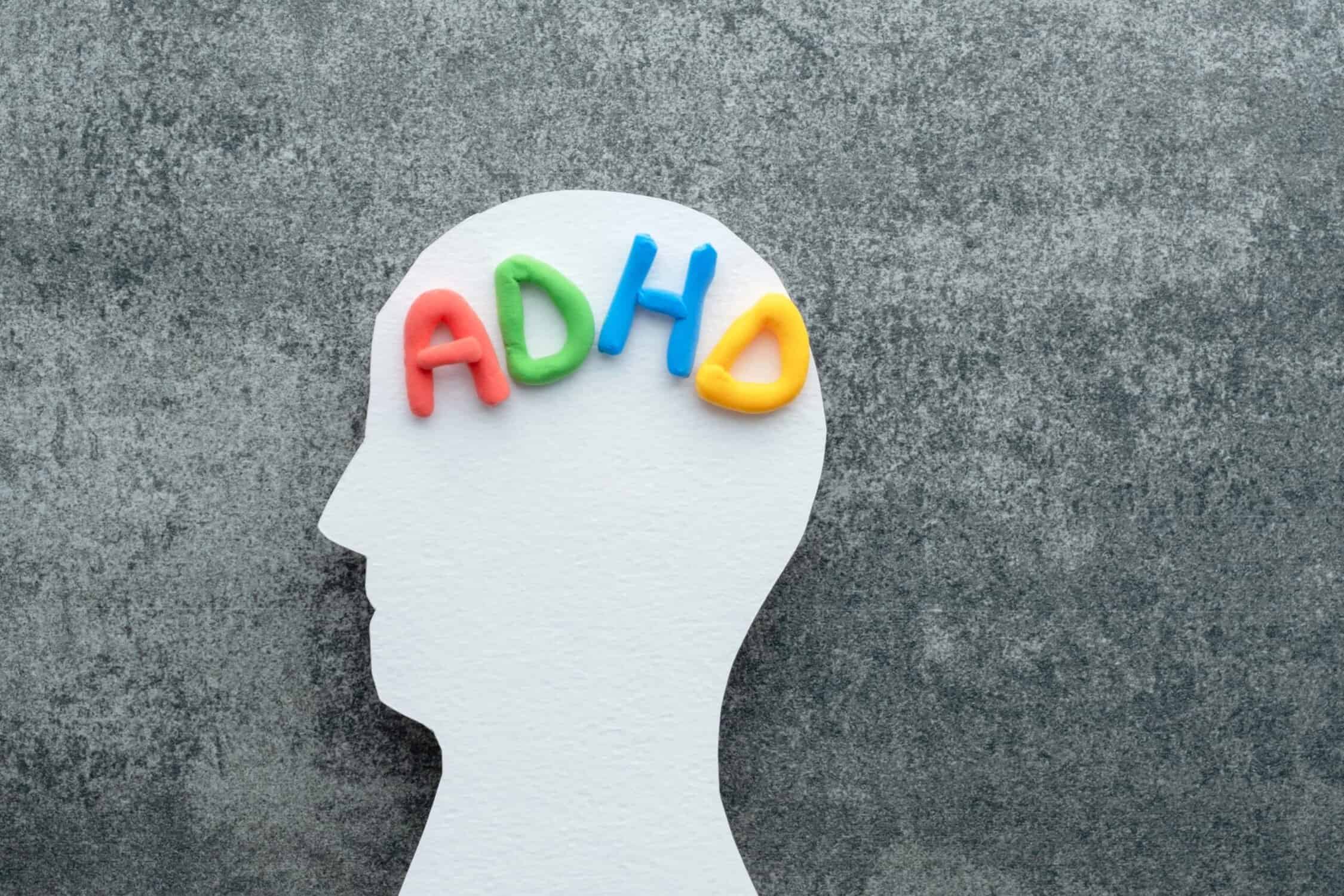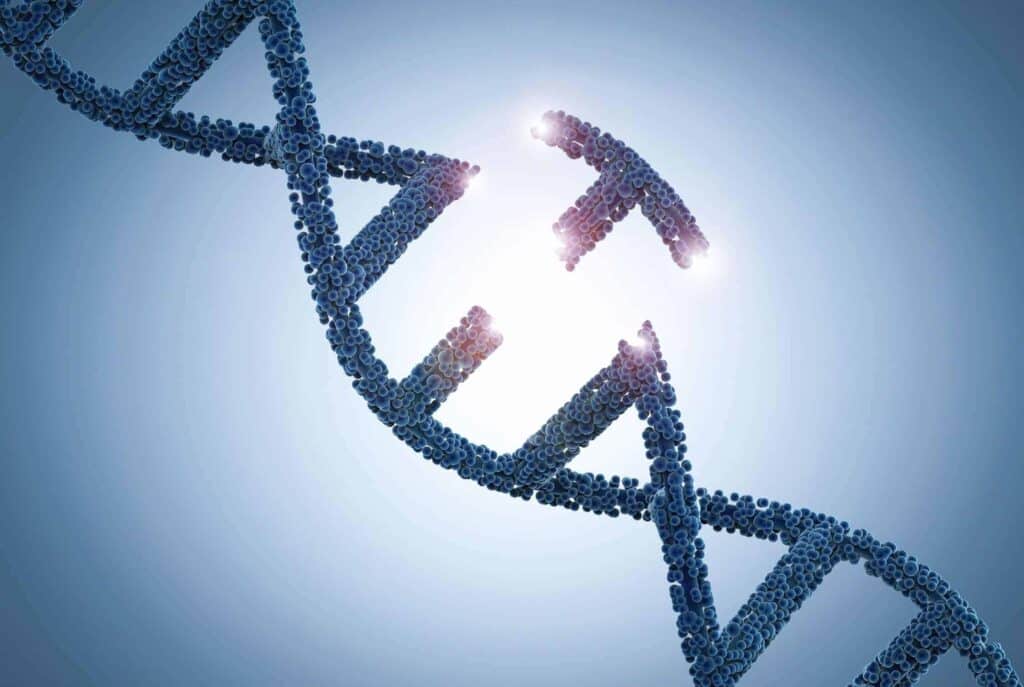Attention-Deficit/Hyperactivity Disorder (ADHD) Treatment Options
People with ADHD have a variety of ways they can deal with their disorder. Some of the most common ADHD treatment types a person can seek include the following:
ADHD Therapy With Mental Health Professionals
There are therapeutic methods that teach people with ADHD how to change unwanted behaviors. They build healthy habits, like better time management and organizational skills, by focusing on positive coping skills. Common therapies include:
Behavior Therapy
Behavioral therapy is an important aspect of treating ADHD. While it’s helpful to focus on the thoughts that lead to some of the unwanted behaviors, it’s also important to focus on the actual behaviors. This type of therapy often provides rewards for positive behavior and time management skills. It can help a person with ADHD manage their day-to-day life in a better way.
Cognitive Behavioral Therapy
Cognitive behavioral therapy (CBT) focuses on recognizing unhelpful thoughts and patterns that get in the way of daily functioning. This type of talk therapy (which can be done in person or through online services) helps people with ADHD improve problem-solving and emotional control to better manage stress. These stress management techniques promote healthier ways of thinking and acting.
Support Groups
Support groups can be a helpful way to manage ADHD. They give individuals a chance to connect with others who understand the same challenges. When people realize that others understand what they’re going through, they usually feel less alone and more supported.
Parent Training and Family Therapy
Parenting skills training and family therapy is another ADHD treatment option. It teaches parents how to encourage better behaviors at home while handling symptoms of ADHD. Sessions with family members address how everyone interacts and provide strategies for consistent support. The goal is to create a calm household that helps everyone work together.
Social Skills Training
Social skills training is an ADHD treatment that focuses on teaching proper communication and behavior management in different social situations. It helps children and many adults with ADHD learn how to interact with those around them.
Stimulant ADHD Medication
Stimulant medications are ADHD medications that increase the level of certain chemicals in the brain. The right prescription medication helps people stay more alert and focused. In ADHD treatment, they assist with managing symptoms of ADHD like inattention and impulsivity, making it easier to concentrate and complete certain tasks. Some of the most commonly prescribed medications used to treat ADHD include:
Ritalin
Ritalin (methylphenidate hydrochloride) helps people with ADHD stay focused and reduces restlessness. By balancing certain chemicals in the brain, it can make it easier to manage day-to-day tasks.
Focalin
Focalin (dexmethylphenidate hydrochloride) is a more refined form of methylphenidate that can help with attention. It often starts working quickly and may help control hyperactivity and impulsivity.
Adderall
Adderall (amphetamine and dextroamphetamine mixed salts) boosts alertness by stimulating specific brain pathways. Many people find it useful for staying on track with tasks throughout the day and reducing distractions.
Concerta
Concerta (methylphenidate hydrochloride) is a long-acting version of methylphenidate. The effects of the ADHD medication last longer throughout the day, so there’s less need for frequent doses to keep symptoms of ADHD in check.
While stimulant medications can help manage ADHD for some people, they shouldn’t be prescribed to everyone, especially children younger than 6 years old. [1] These prescription medications can lead to side effects like high blood pressure, anxiety disorders, decreased appetite, or concerns about substance use disorders.
If you’re dealing with attention-deficit/hyperactivity disorder and need treatment for that or other mental health conditions, reach out to Mental Health Resources today. We can help you find a qualified mental health professional so you can get started with treatment for ADHD.
Holistic Approaches to Treating ADHD
Many people with ADHD struggle with their symptoms, even when they are involved in ADHD medication management. There are also holistic approaches that can offer added support for people with ADHD when used alongside standard medical treatments. These complementary health approaches focus on improving overall wellbeing through lifestyle changes and mindful practices. Common ones include:
Nutrition and Diet
A balanced diet can help stabilize energy levels during the day. Some find that cutting back on processed foods or sugary drinks and eating healthy meals instead can reduce restlessness. Paying attention to nutrition might not solve everything, but it can help manage some ADHD symptoms.
Exercise and Physical Activity
Regular physical activity, like a morning walk or taking a bike ride, can positively affect attention and mood and be part of your ADHD treatment plan. Exercise can also help reduce stress, making it easier to stick to daily routines.
Sleep Hygiene
Getting enough good quality sleep is a challenge for many people with ADHD, but it’s an important part of managing symptoms of ADHD and overall wellbeing. Avoiding screens before bed, sticking to a regular bedtime, and keeping the bedroom dark and quiet can improve sleep.
There are a lot of different approaches to treating ADHD, and they don’t all include stimulant medication. No matter which path you explore, always reach out to a doctor for guidance and support when it comes to managing ADHD.








